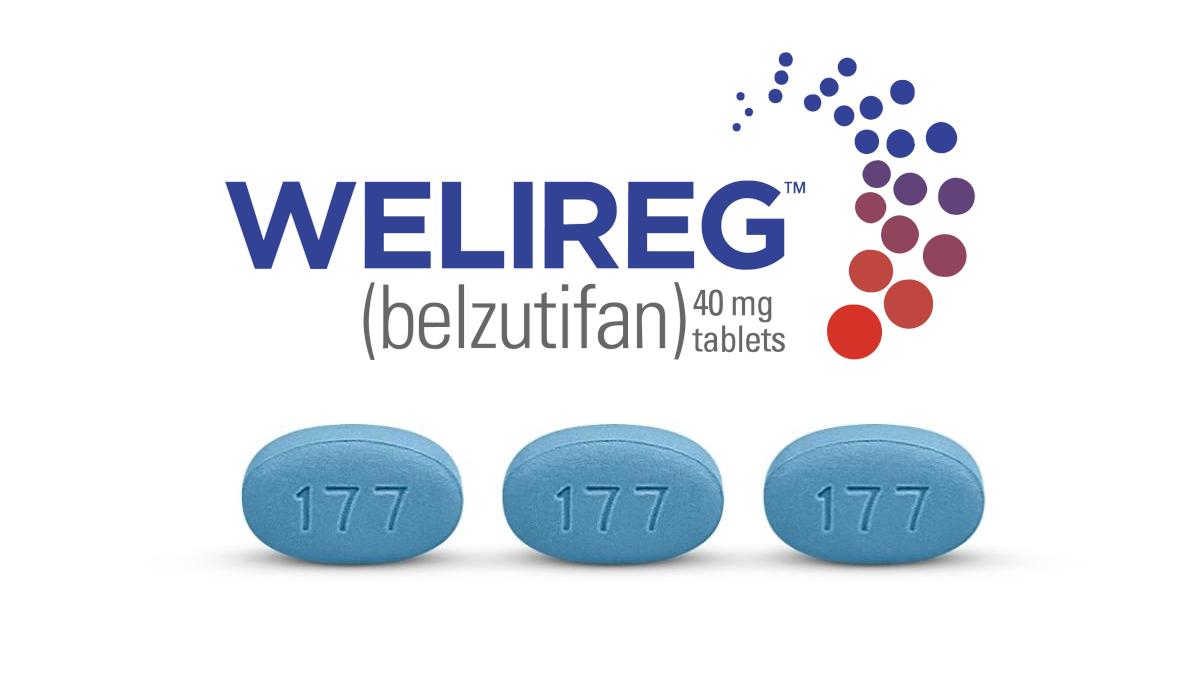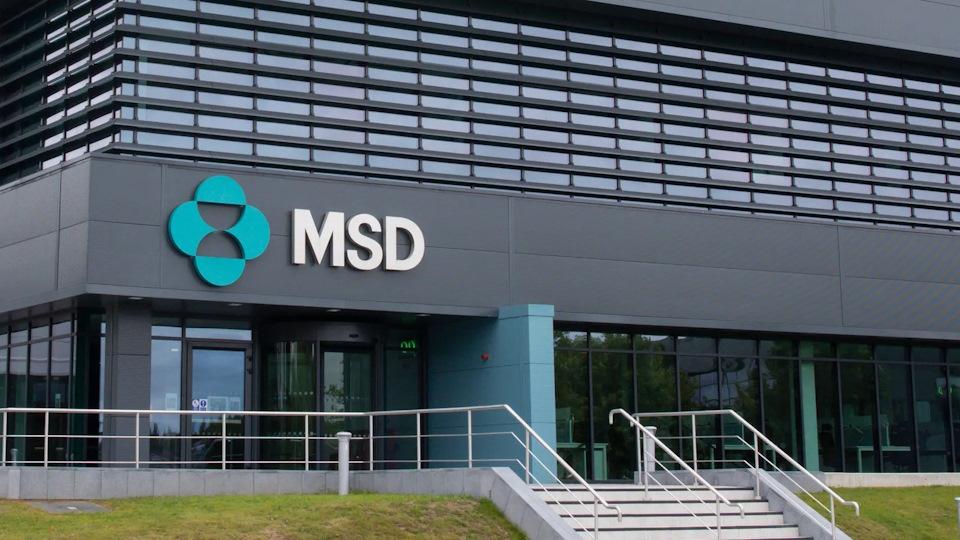MSD adds new indication for Welireg in rare tumours

MSD's oral HIF-2 alpha inhibitor Welireg has a third FDA approval, becoming the first oral treatment for a rare form of solid tumour that affects around 2,000 people in the US each year.
The green light extends Welireg (belzutifan) to include patients aged 12 and over with locally advanced or metastatic pheochromocytoma or paraganglioma (PPGL), which can't be treated with surgery, adding to earlier approvals in Von Hippel-Lindau syndrome and renal cell carcinoma.
PPGL – sometimes referred to as 'pheo para' – are neuroendocrine tumours (NETs) that arise in nervous tissue found in or around the adrenal gland. They can occur at any age, although the peak incidence occurs in the third to fifth decades of life.
The tumours produce an excess amount of adrenal hormones that can lead to high blood pressure that, if untreated, can be life-threatening, according to the US-based patient advocacy group Pheo Para Alliance.
"Patients with these tumours…may require specialised care due to their complexity and rare nature, often posing significant challenges for both diagnosis and treatment," remarked Dr Camilo Jimenez, professor in the department of endocrine neoplasia and hormonal disorders at The University of Texas MD Anderson Cancer Center.
"This approval, which is based on objective response rate data from the LITESPARK-015 trial, introduces belzutifan as the only approved and available non-surgical option for locally advanced, unresectable, or metastatic PPGL and could represent a change to the treatment paradigm for eligible patients," he added.
In LITESPARK-015, which enrolled 72 patients, treatment with Welireg was associated with an objective response rate (ORR) or 26% with a median duration of response (DOR) of 20.4 months, with around a third (32%) of them able to reduce their used of blood pressure medicines by at least 50% over six months of follow up.
MSD – known as Merck & Co in North America – acquired Welireg as part of its $2.2 billion takeover of Peloton Therapeutics in 2019, which included an upfront payment of $1.05 billion.
The company has blockbuster hopes for the drug, which stem mainly from its approval in RCC. One of the most common forms of kidney cancer, and a potential indication in glioblastoma multiforme, a hard-to-treat form of brain cancer.
The drug looks on target to achieve that $1 billion-plus sales objective, with 2024 sales coming in at $509 million, a 133% increase on the previous year's turnover.
While an important step forward for people with PPGL, the new indication will likely make a modest contribution to sales growth as the total global population is only around 53,000.












